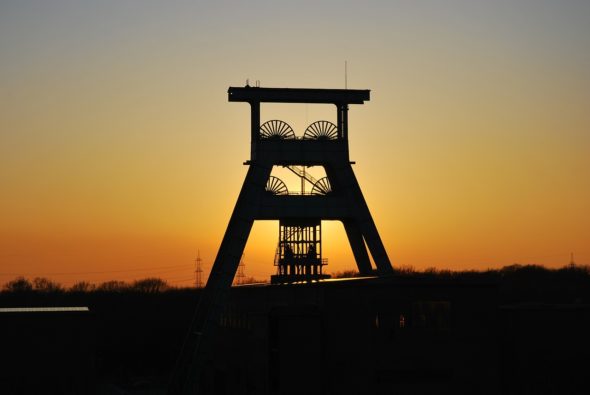Minister Soboń wants NABE to operate on a commercial basis. It’s hard to imagine that – Marcin Koczan, PhD., contributor to BiznesAlert.pl writes.
The large players on Poland’s energy market are planning to make the transition to the green side. Expensive investments in RES power generation have to be propped up by EU and commercial financial institutions. Many of them have declared they would not finance projects that are based on fossil fuel technologies. This, in the context of the increasingly stricter EU climate and energy policy, is understandable to a degree. Therefore, there is every reason to believe that the policy of crediting investments in the power industry will become even more rigid. The criteria will include not just the subject matter (the technology on which the investment is based), but also the object matter. It means a decision on awarding the credit will be made on the basis of a comprehensive analysis of the investment’s impact on the environment. Thus, power industry companies may face problems with acquiring financing, even for green investments if they have coal assets in their portfolios.
This is how the idea to establish an entity that will take over coal assets from state-owned companies originated. They have become an increasingly heavy burden that slows down the energy transition, which is not an environmentalist whim. Rather it is a necessary challenge in the interest of all energy consumers, big and small ones alike. Without shedding this burden, it will be difficult for energy companies to invest in renewable energy. According to Deputy Minister Artur Soboń, who is responsible for the reform, the work on specific solutions will be finished soon.
The goal of the restructuring is to transfer coal-fired power plants owned by the major state-owned power companies – PGE, Enea and Tauron – to a newly established state entity. Just those three companies generated in 2019 close to 70 percent of power in Poland, of course the majority of which came from coal. The name of the new entity that will manage the coal assets until they are completely withdrawn from exploitation is the National Agency for Energy Security (NABE).
Do the plans to reform the power industry and consolidate coal assets in just one entity stand a chance at implementation? The government seems to be determined. Undoubtedly we need a public debate on the future of the power generation sector in Poland, and the pace at which we want to phase out coal. And I mean the pace only, because the idea that we need to abandon the „Polish gold” as an energy resource is hopefully already obvious. The question who will benefit from this reform is still unanswered. It looks like most of the consolidated PGE Group, after merging with Enea and Tauron, will start to gradually transfer the coal assets to NABE. Once the Bełchatów mines and power plants complex is transferred in 2026, PGE will be free of the burden. Switching the burdensome coal assets to the state treasury will increase the company’s value as well as investment and credit potential.
Minister Soboń wants NABE to be a commercial project. It is hard to imagine that. In the current market situation, the profitability of coal production is dropping, but the growing emission allowances prices are driving it below the margin. Coal assets are losing their value and the need to split the consolidated debt of the companies is making matters even more complicated. Soboń wants to create a mechanism that will eliminate the possible financial gap to make NABE profitable. It seems that the cost of maintaining coal power generation will be, to a large degree, transferred to taxpayers. We will pay for the indolence and bad decisions politicians have made in the past two decades.









